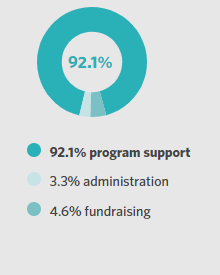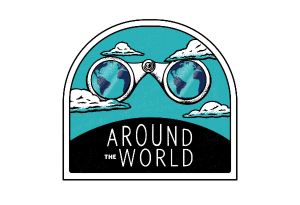
Getting Around
Transportation obstacles don’t stop determined people seeking a better future
June 01, 2022 | Be Informed

One of the most complex challenges for families in Unbound programs around the world is transportation. They often live in places and conditions where getting from one location to another requires more planning, time, expense and risk than many would imagine.
At the same time, any chance these families have to improve their lives might well depend on their ability to access transportation. They need it for work and school, and sometimes just to acquire the necessities of life.
Because public transportation is a need and not an option for most people who live in poverty in the economically developing world, the time and energy families are willing to devote to access it is inspiring.
Here are some examples of modes of transportation used by individuals in the countries where Unbound works.
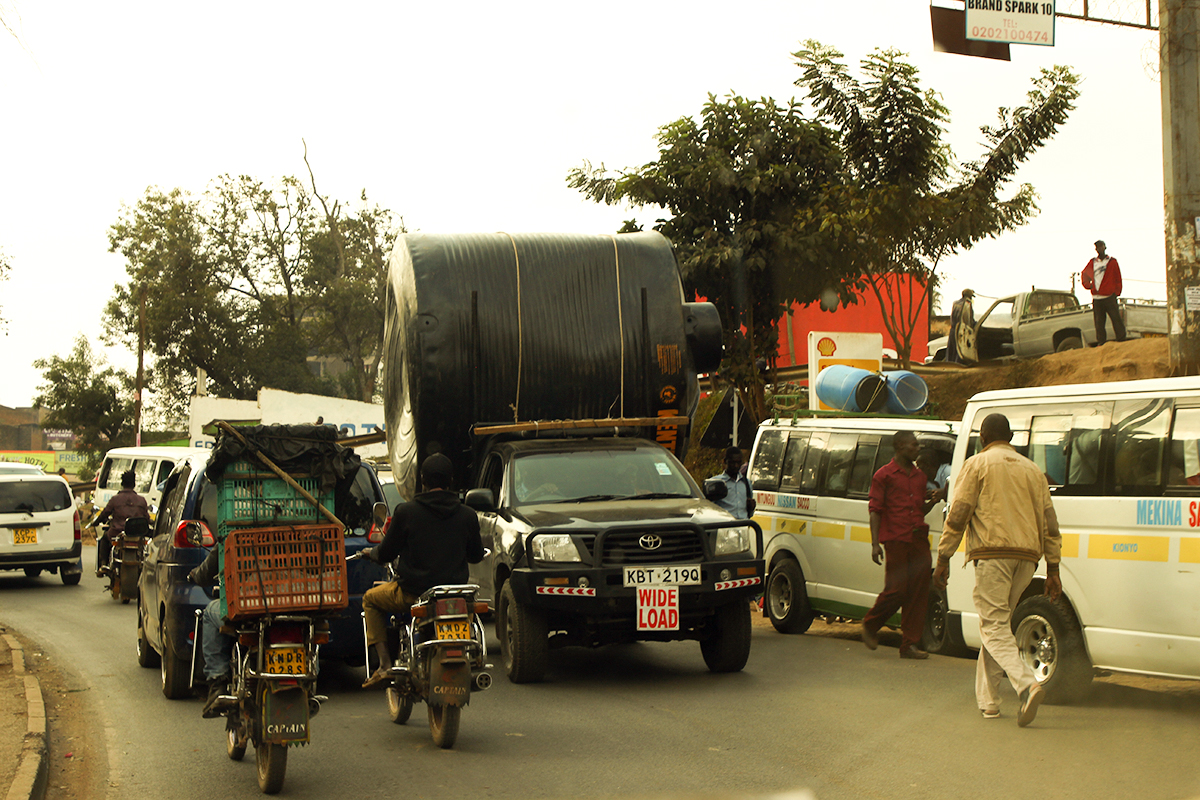
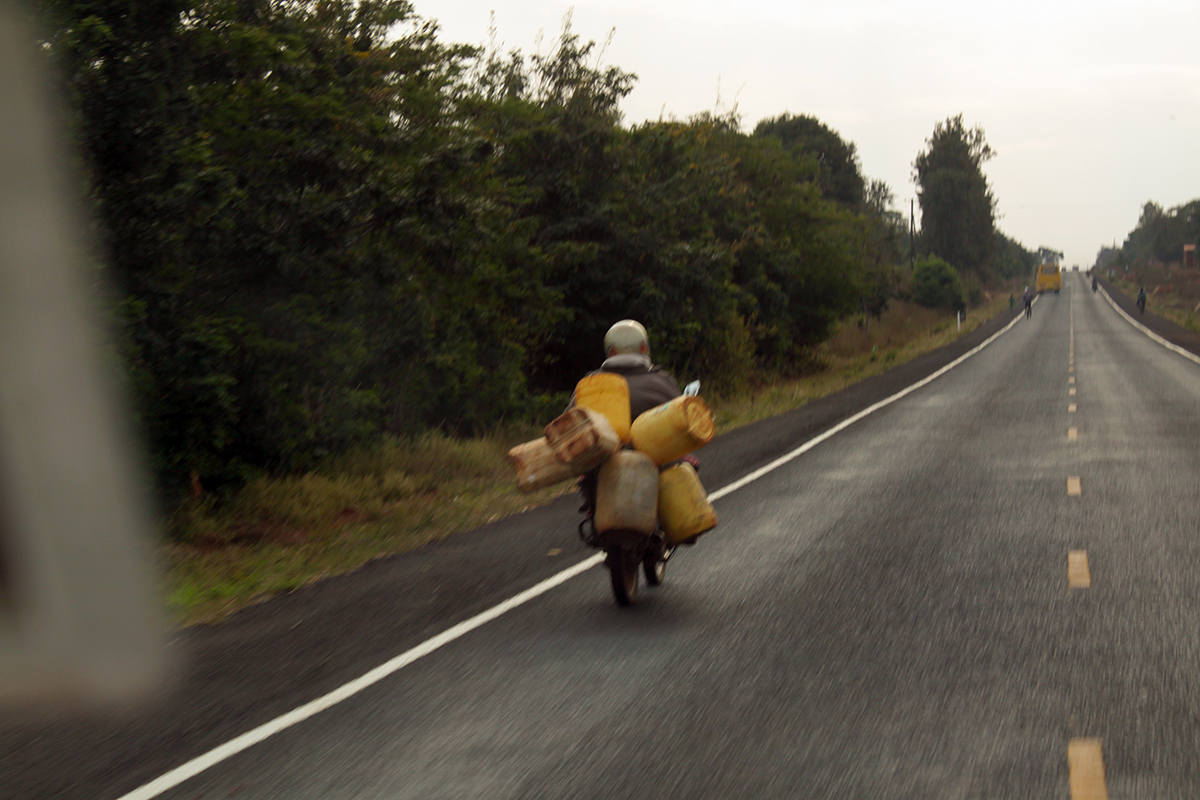
In Meru, Kenya, we get a glimpse of the ingenuity people use to transport goods around the city. It’s not unusual to see trucks, cars and even two-wheelers stacked high with materials. The motorcycle rider on the right seems to be doing fine with his cargo of containers.
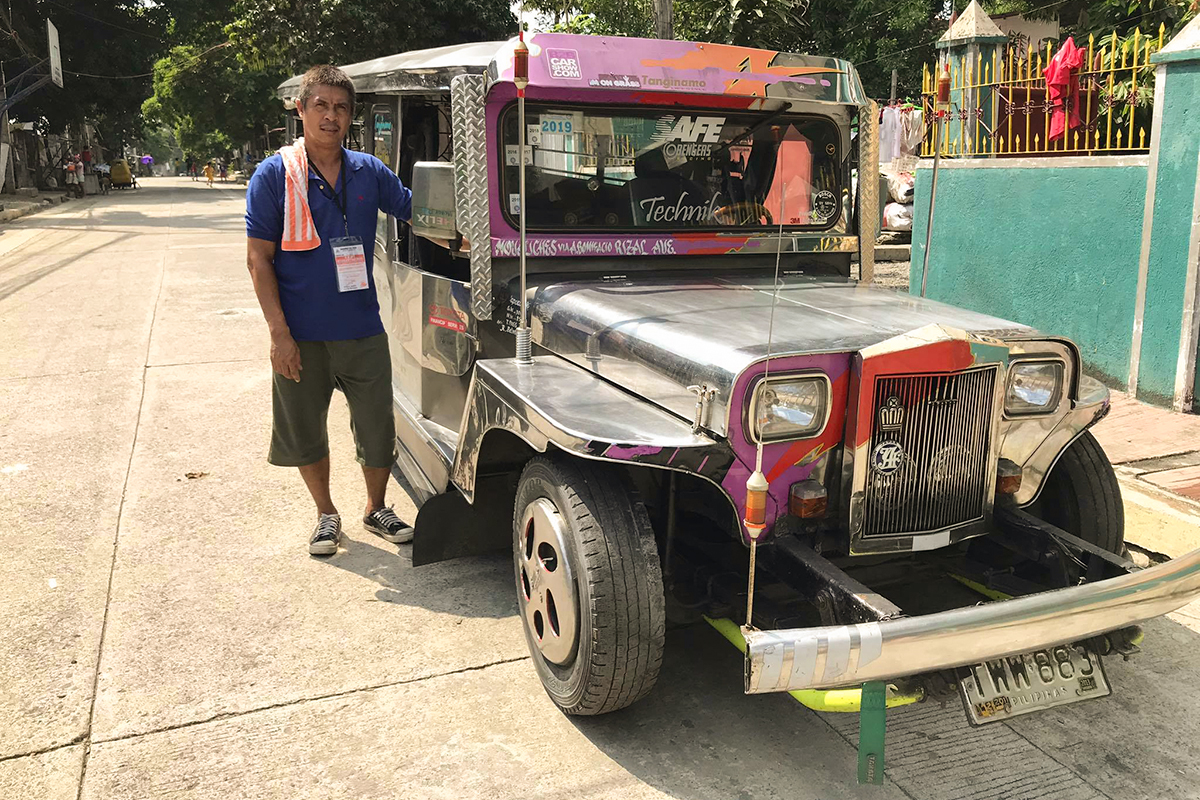
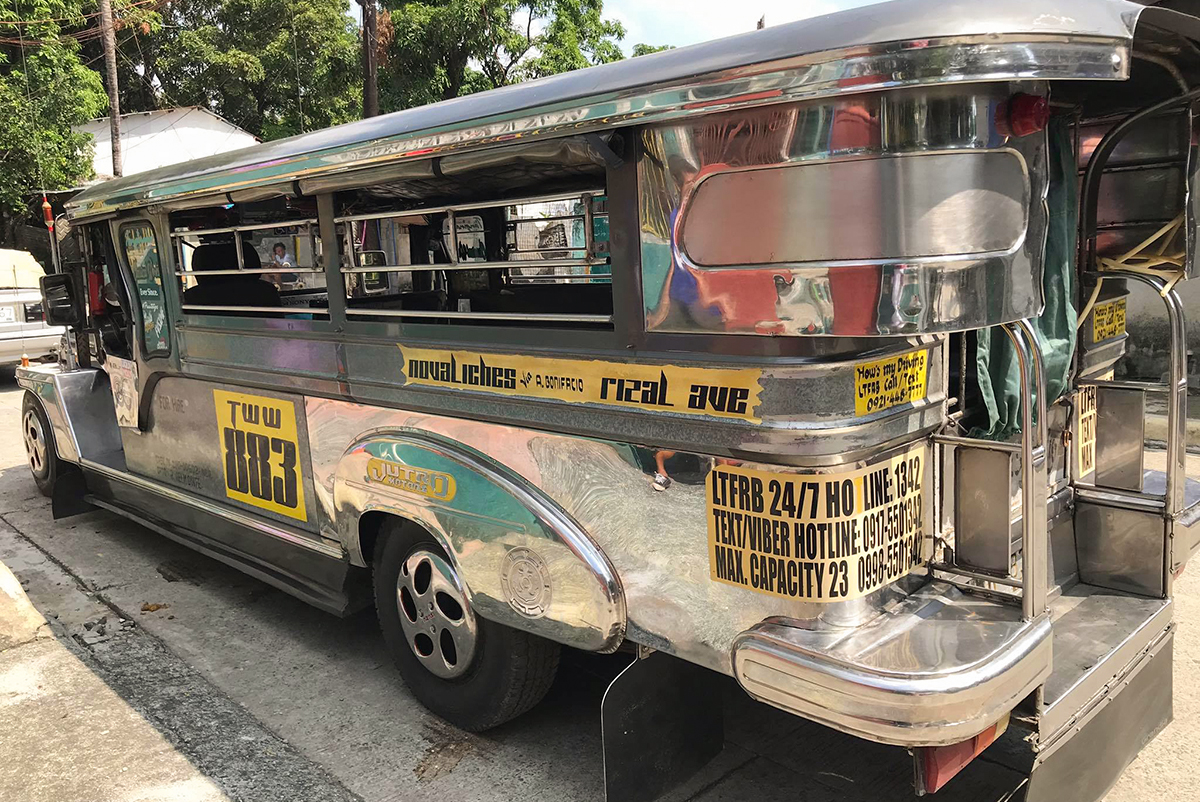
Joselito, the father of two sponsored children in the Philippines, earns his living by driving a jeepney. Known for their colorful decorations and easily accessible rear entrances, jeepneys are the most common means of public transportation throughout the country.
“For me, being a jeepney driver is really hard,” Joselito said. “First, it is because you are conquering everyday traffic back and forth. There are a lot of jeepneys, [in addition to] private vehicles, buses, trucks, vans, etc. The road is a dangerous place for people even if you are riding on a vehicle. “
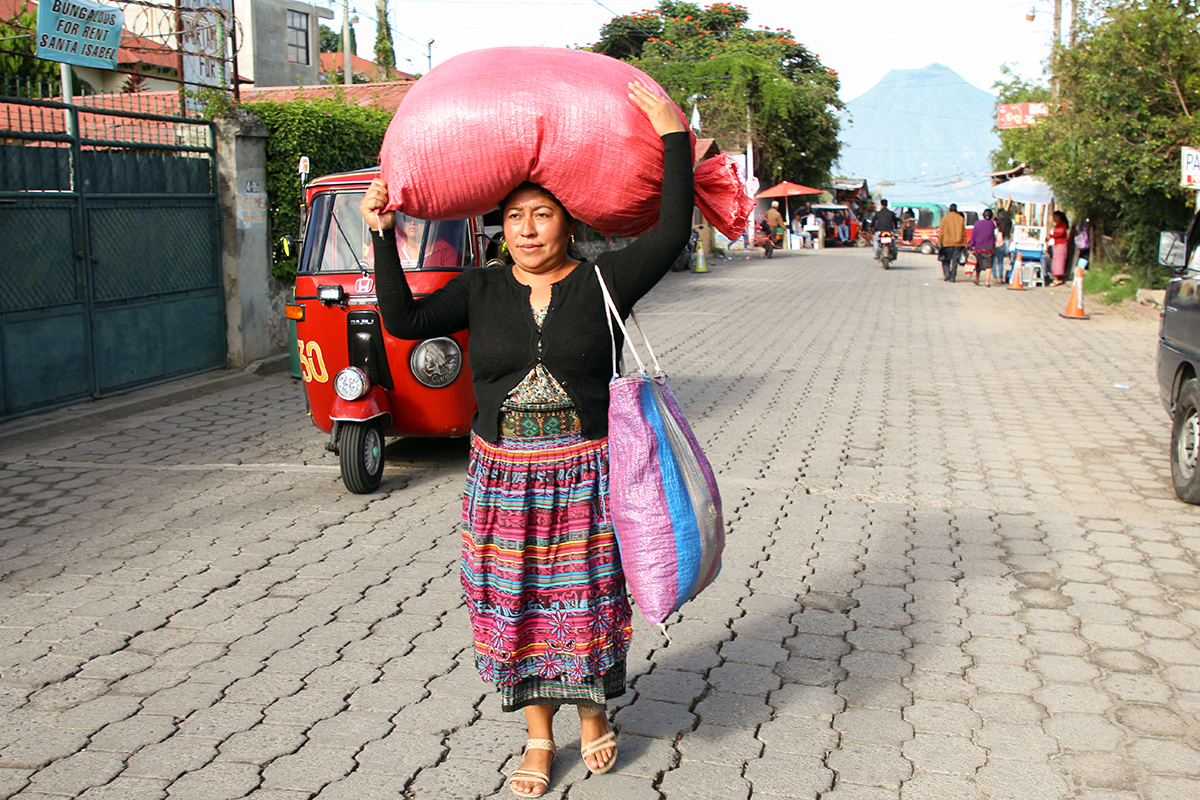
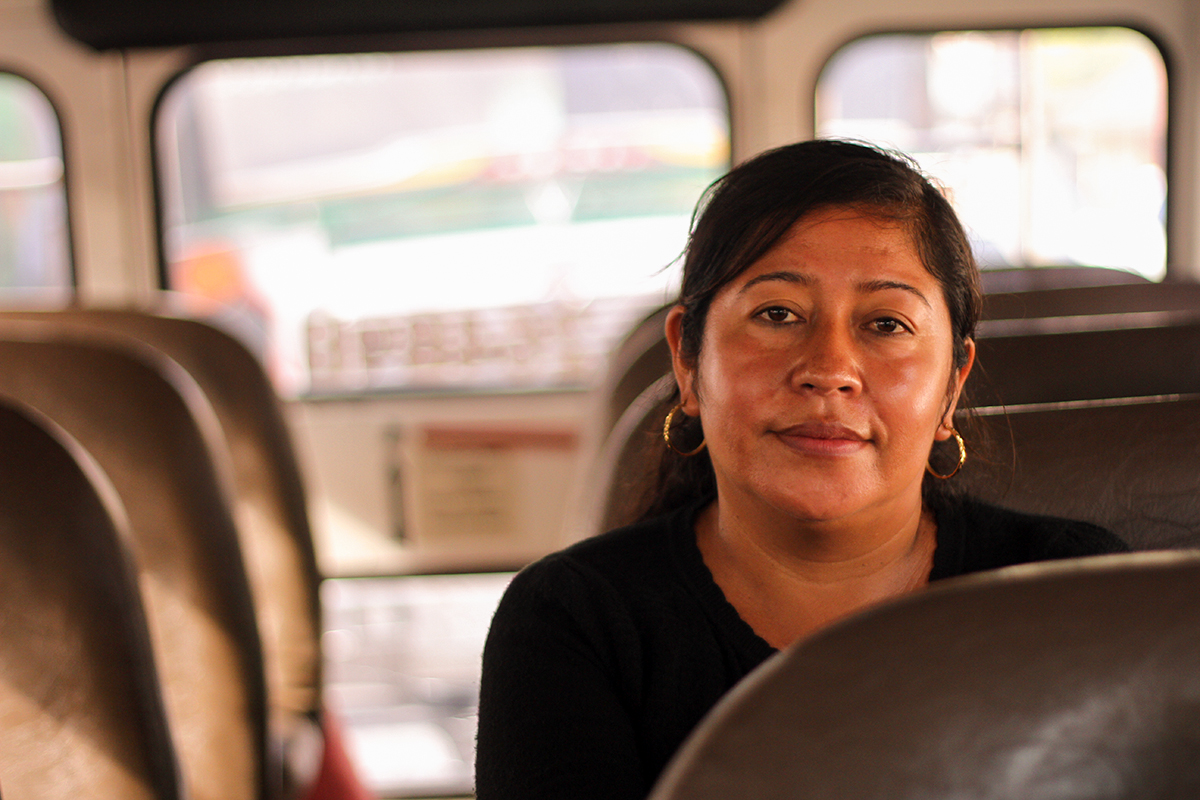
In photos from 2019, Sandra, the mother of sponsored child Christopher, carries a bundle of fabrics she wove. The family lives in a town on the shores of Lake Atitlan in southern Guatemala, but Sandra sells the fabrics in a town on the other side of the lake. Two days a week, she travels by ferryboat, on foot and by bus to get to the marketplace.
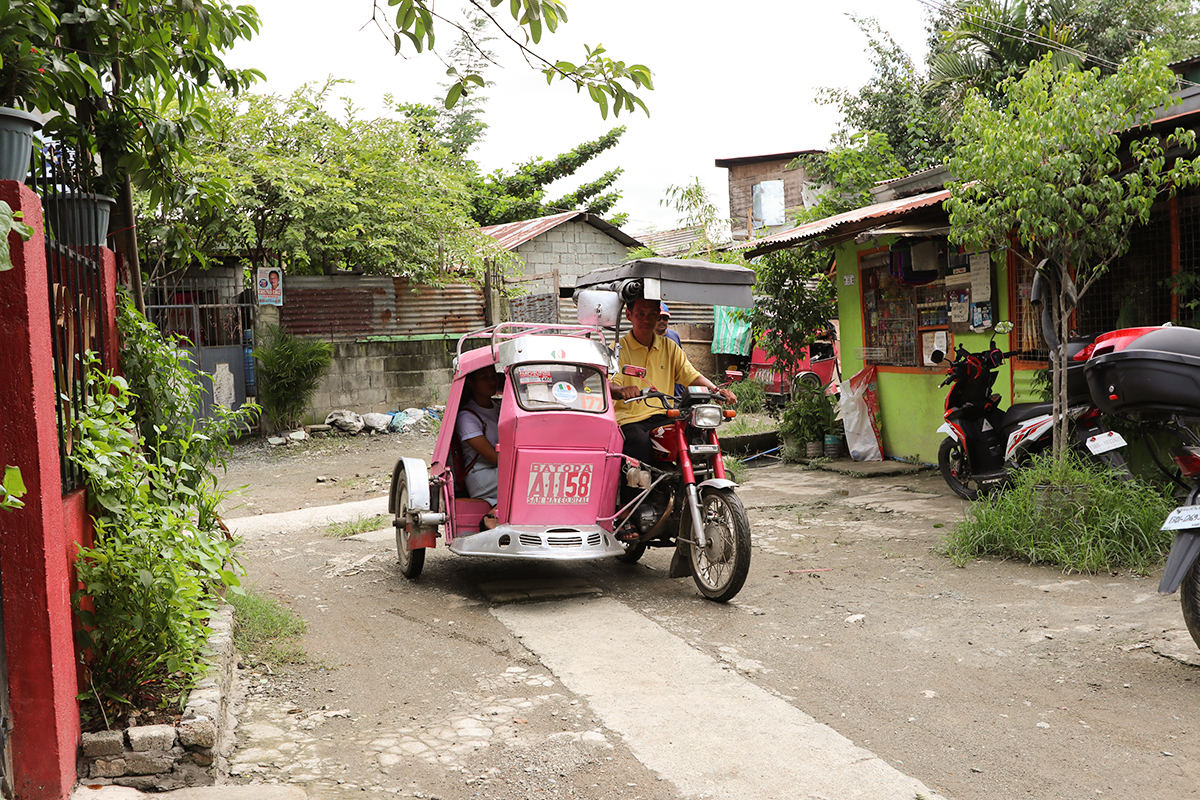
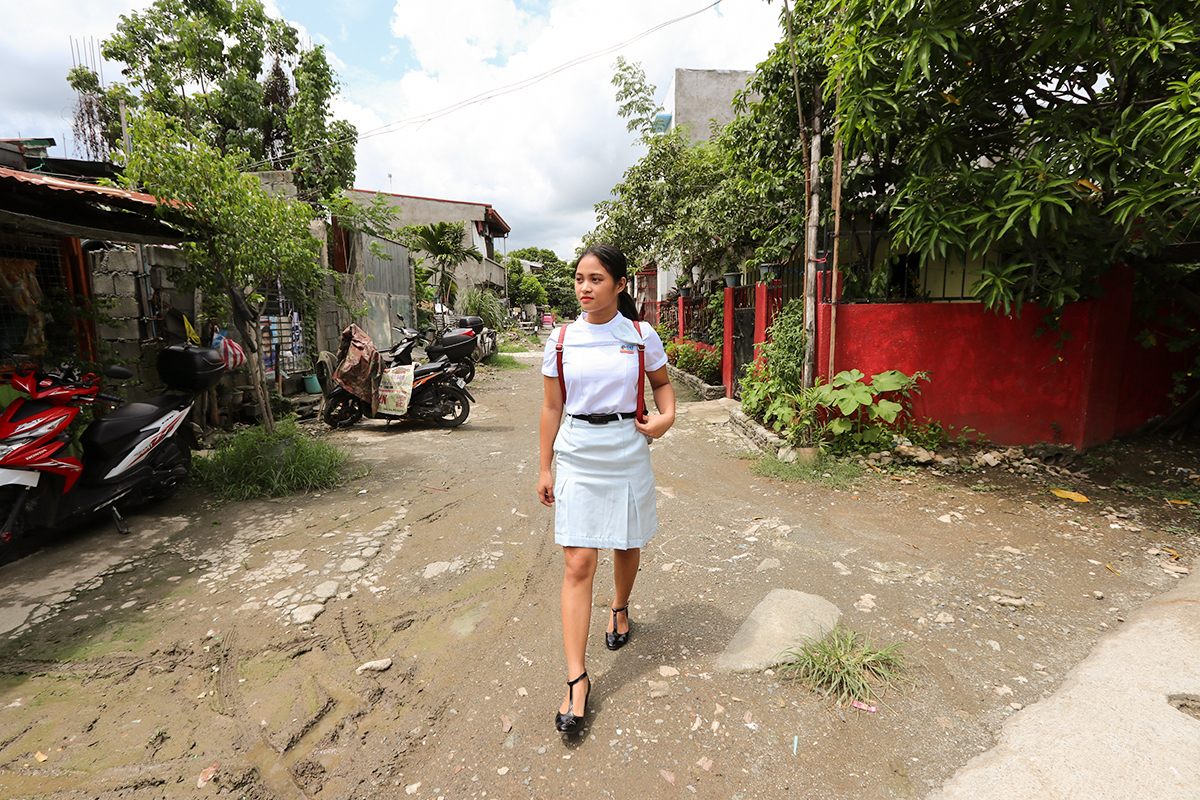
Rogelio, left, is the father of sponsored youth Angela, right, in the Philippines. His wife was working outside the country to help support the family but recently returned. While she was gone, Rogelio took care of his home and children while also earning a living carrying passengers on his “tricycle.”
In addition to being sponsored, Angela is taking advantage of an Unbound scholarship to study for a degree in tourism. “Sometimes my father brings me to school using his tricycle, but going back home I ride on a jeepney and a [different] tricycle. I go to school every day except on Thursdays and Sundays.”
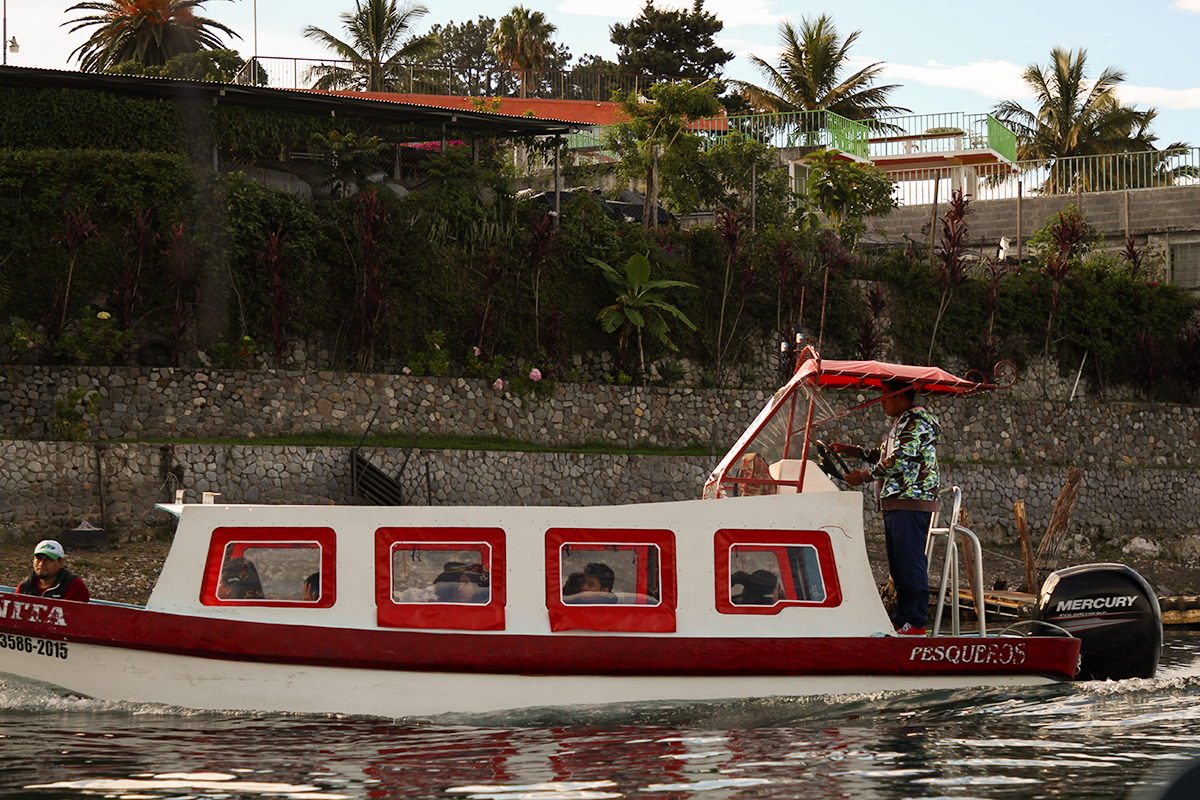
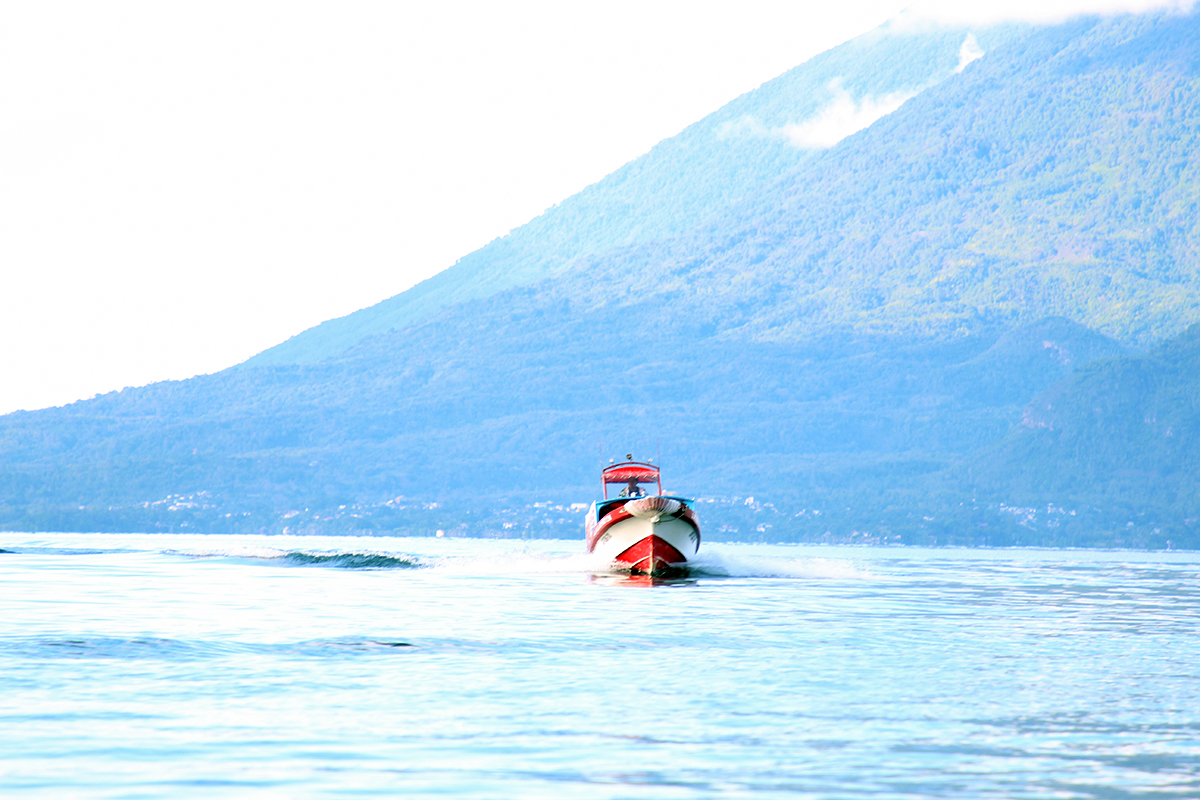
Ferryboats transport passengers across Lake Atitlan in southern Guatemala. One of the largest lakes in the country, people living in smaller towns and villages on the shores of Atitlan often commute to get to larger population areas across the lake where work is more readily available.










